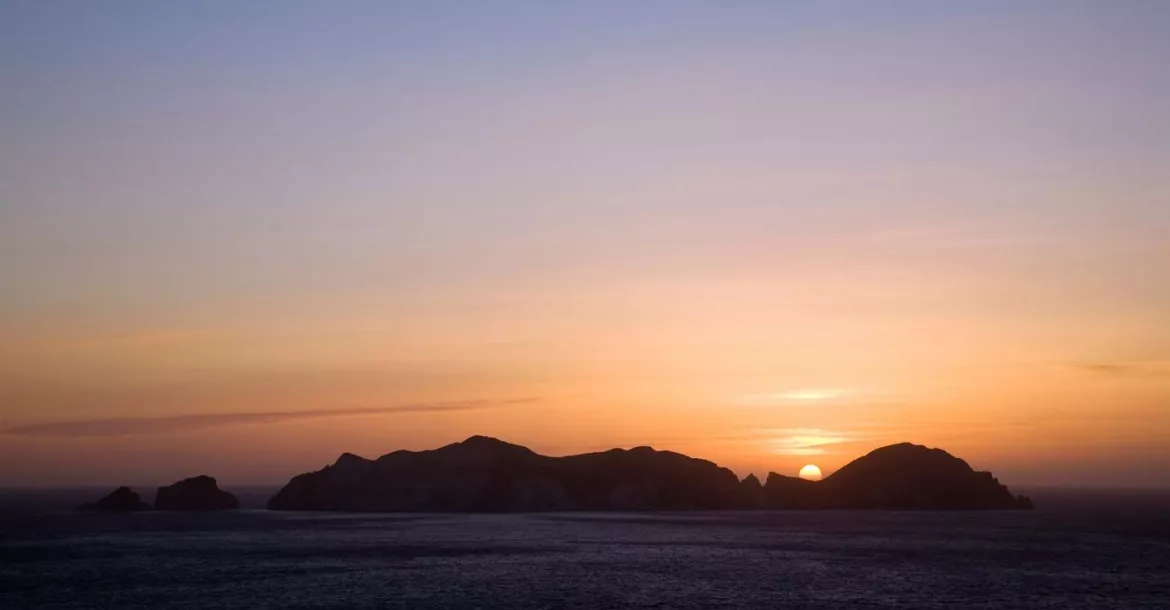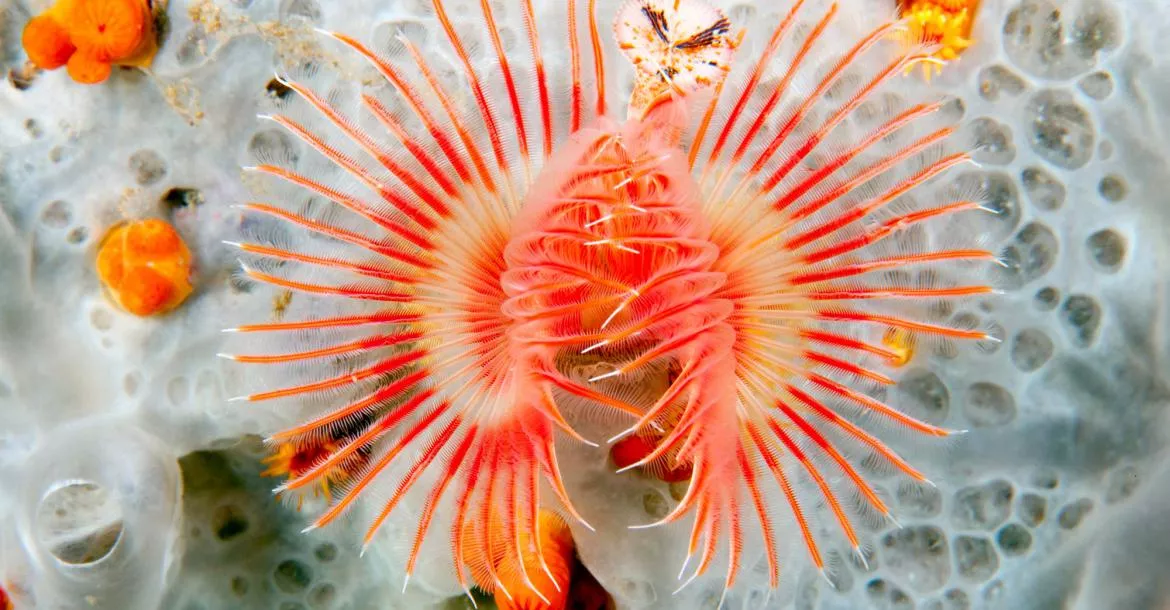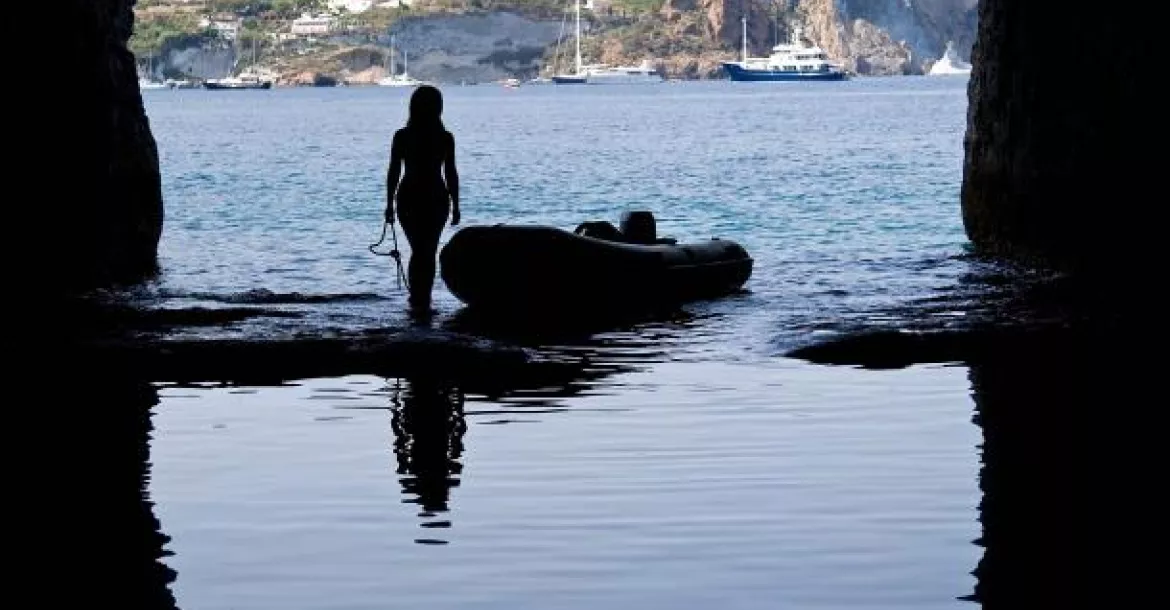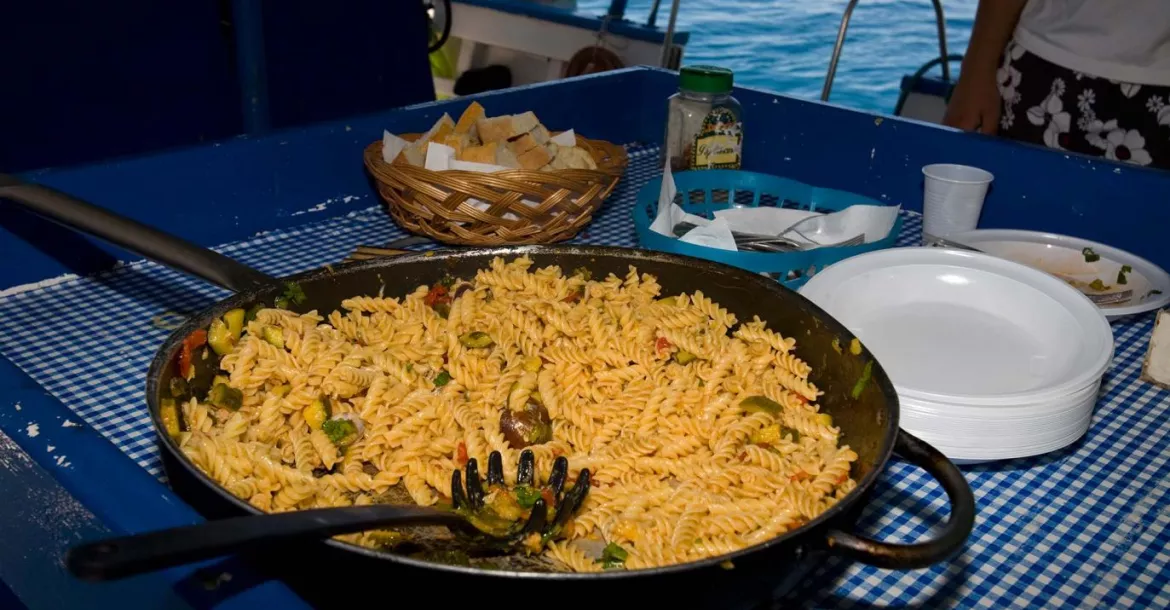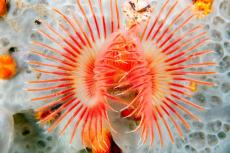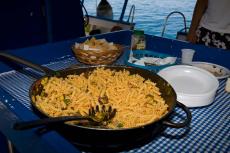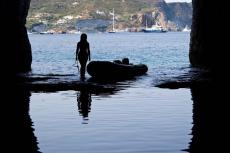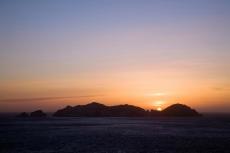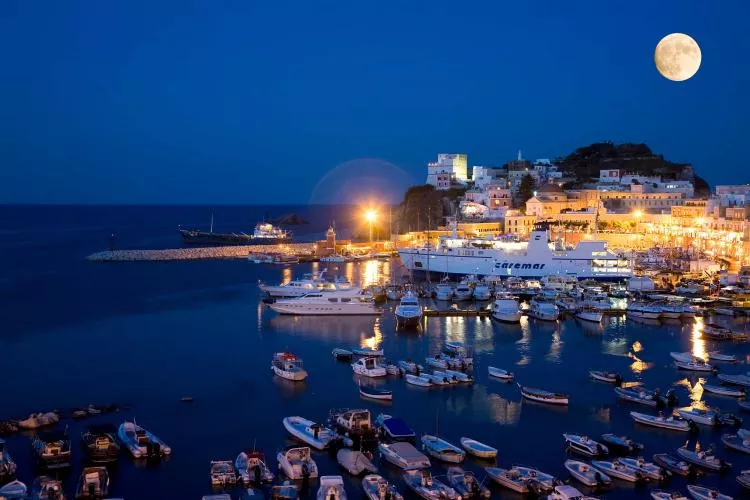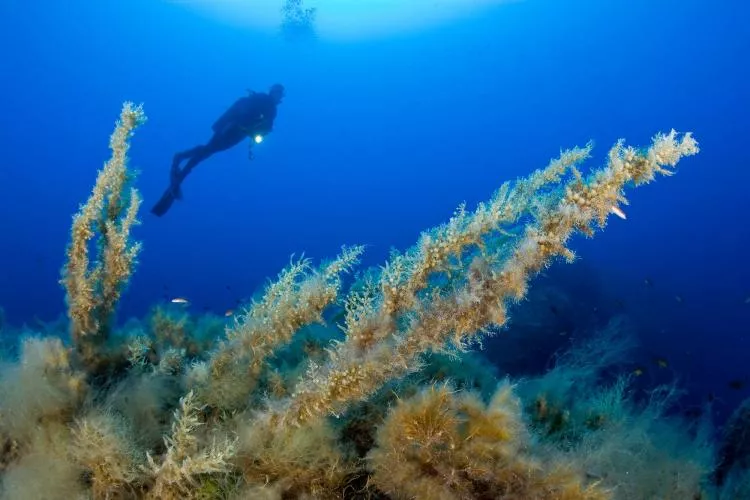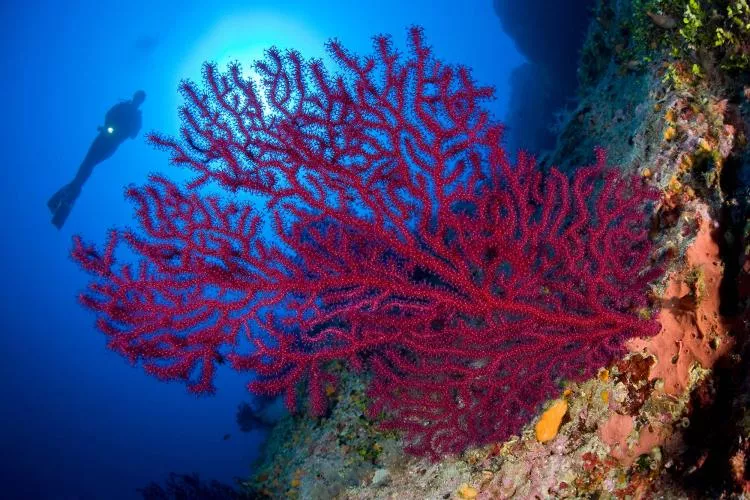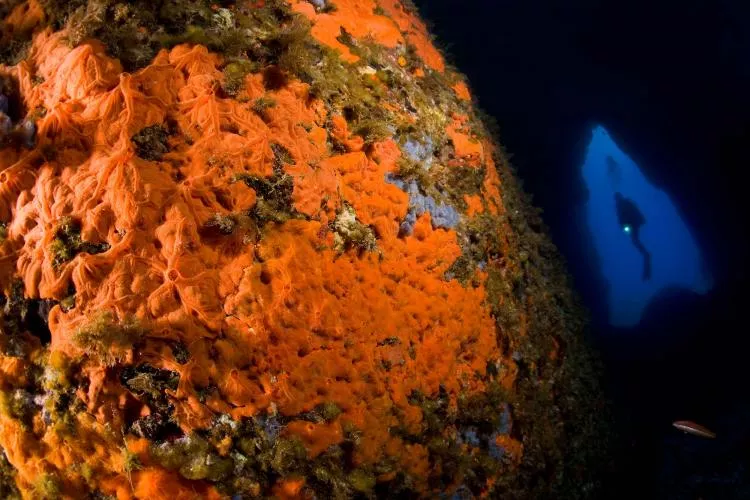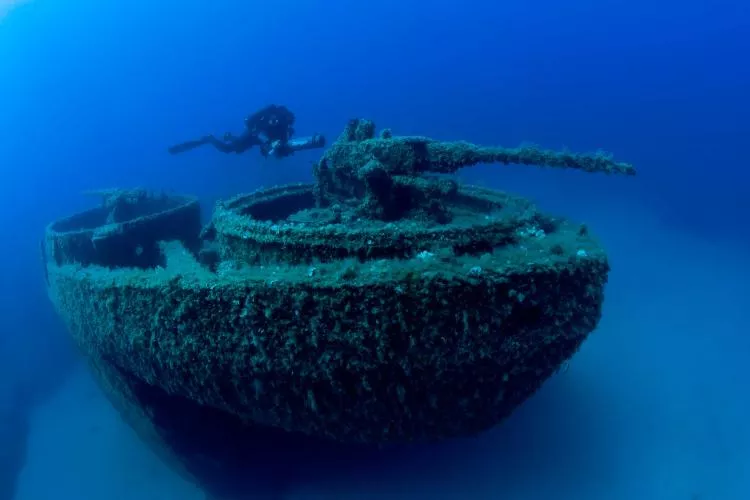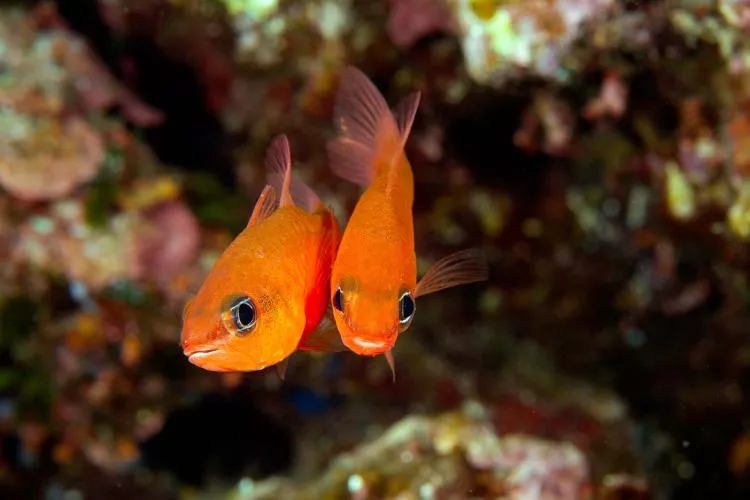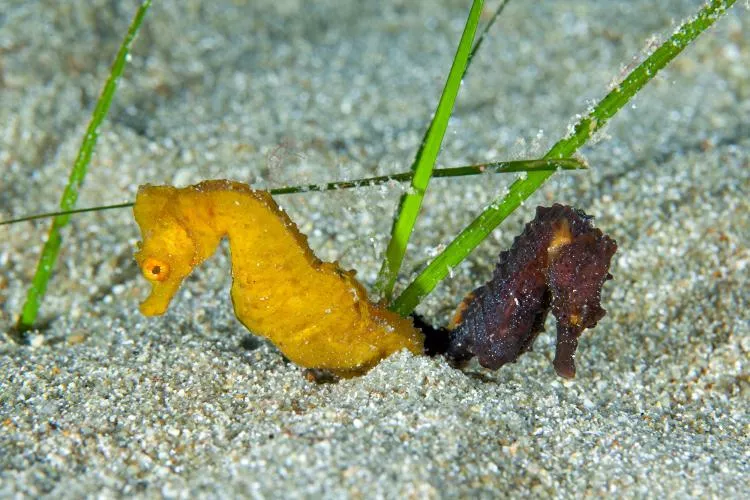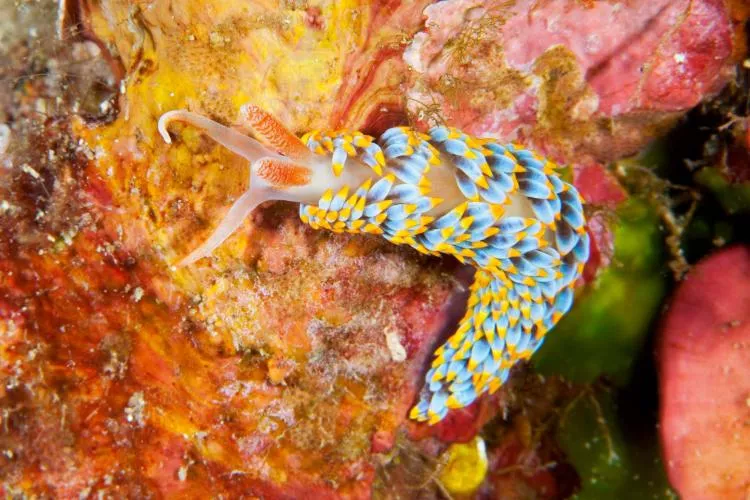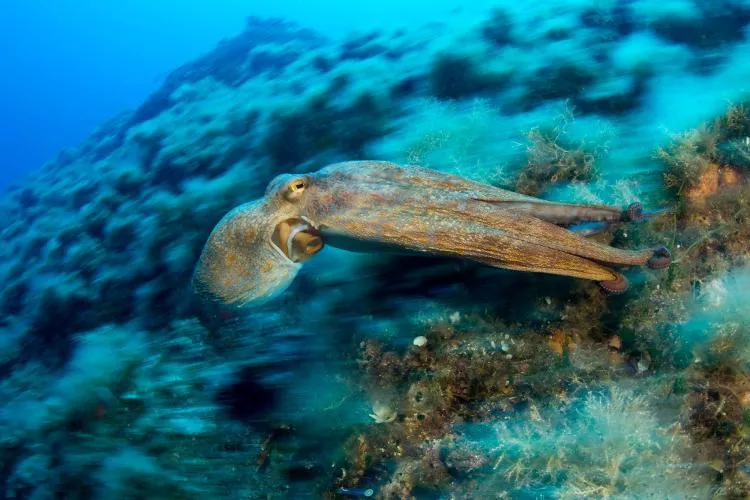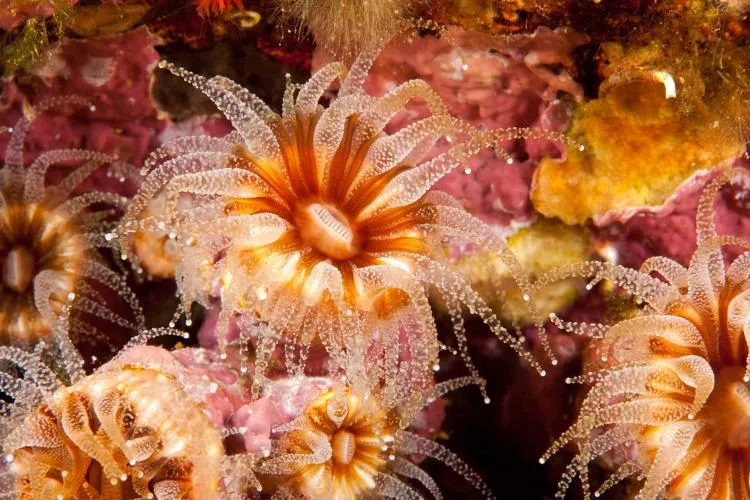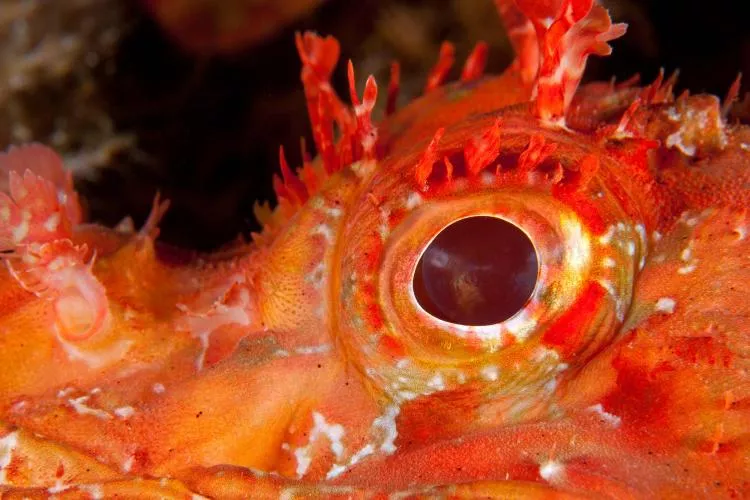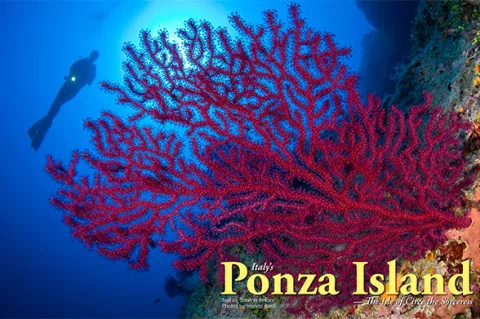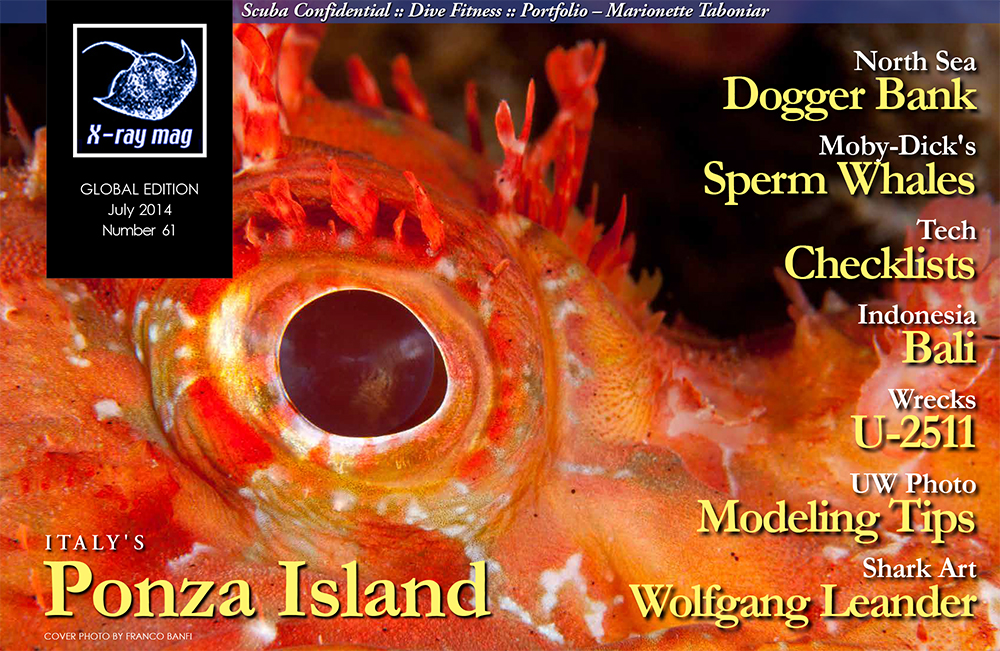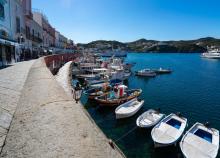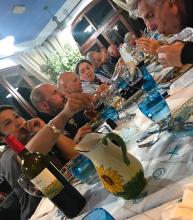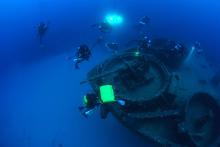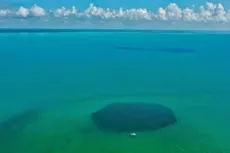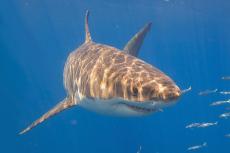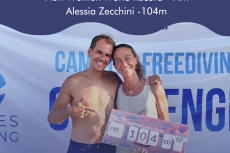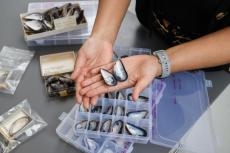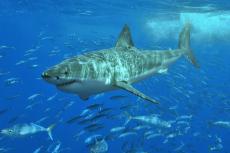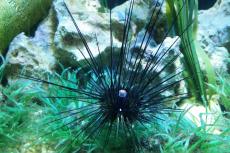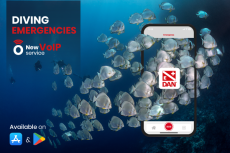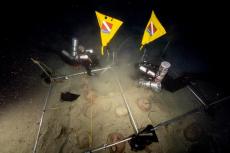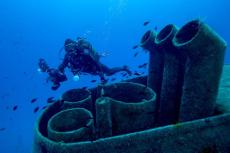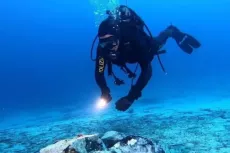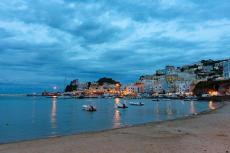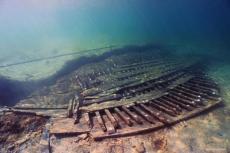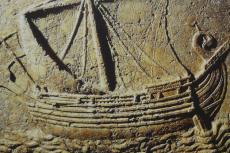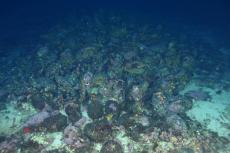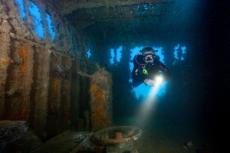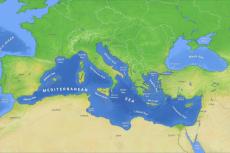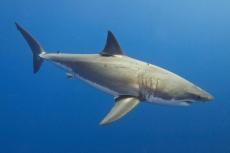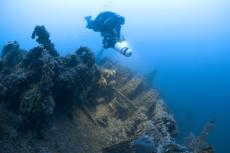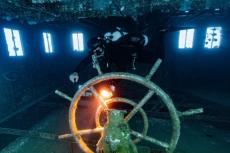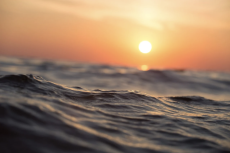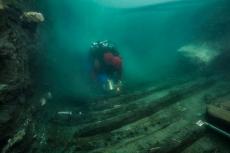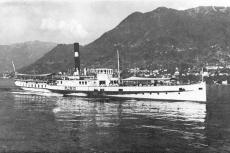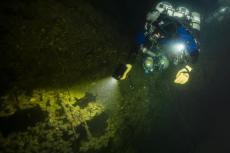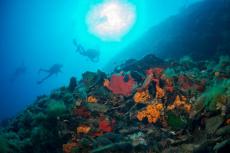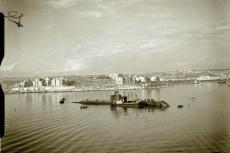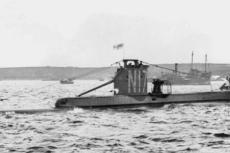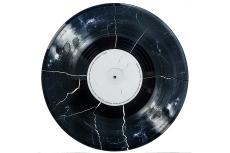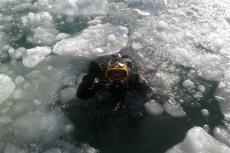The power of the island of Ponza lies in its ability to preserve an intangible aura of magic, which nature has given it, in the marriage of heaven and earth, water and fire, in the racing of land and sea after each other, relentlessly.
Contributed by
The only exception is Zannone, which is formed by limestone and dolomite, and looks like a gem. It is so green, covered with Mediterranean shrubs. All are characterized by a succession of small coves, bays and inlets that give them a special charm.
The charm of the island of Ponza, one of the most beautiful in Mediterranean Sea, remains unchanged, year after year; at sunset, the sun colours the sky red and the rocks pink—a thin strip of rose on the horizon, a line dividing the turquoise of the sea from that of the sky.
When getting to Ponza from a city, it always seems a bit like a step back in time. A short ride on the sea and everything changes—the sounds, the smells, the atmosphere. Whenever one discovers Ponza from afar, one sees the same magic; its slim profile seems to be the gateway to an archipelago that doesn’t exist.
A crest of tuffaceous rocks that rises vertically from the crystal clear water, and climbs up, running sinuous upon the sea, forming bays and inlets. It doesn’t change while climbing through the narrow streets of the countryside, or on the heights of the island, towards the village of Le Forna, where the houses seem to be balanced on the sharp ridge overlooking the two sides.
Ponza should be experienced in autumn, when the time of the pink sunset comes earlier and lasts longer, or in spring, when the island is covered by yellow blooms. September is a wonderful month: the summer tourist chaos gives way to the tranquillity of the island; the sea is crystal clear; the water turns blue or emerald green, depending on the time of day and the depth of seabed; the creeks are almost deserted; and the rocks appear to have sunnier and warmer colours.
In autumn, the beauty of Ponza pervades the streets and the staircases that climb to elevated places, along the lines of the hills, where the eye sweeps over a breathtaking horizon.
And breath taking, too, because of the effort to climb up the steep stairs, the muscles of the legs groaning, the breath becoming short. But it’s all worth it, because below, one can see a panorama of rocks sculpted by wind and sea, the wide expanse of the Tyrrhenian Sea criss-crossed by white trails of small boats of a few tourists and a few fishing boats. Gusts of wind carry delicate scents of Mediterranean flowers and play on the waves. When the winds turn violent, they rush through the lanes and stairways, sculpting the rocks as if they were smoothed by the carving and expertise of an artist.
A walk to the promontory of Mount Guard takes us to the homonymous lighthouse on the southern side of the island. It is one of the best sites to go to see one of Ponza’s famous sunsets, when the calm sea becomes golden and the sun sets over the horizon.
Dive operation
Similar to the harbour of nearby Ventotene Island, the main harbor of Ponza is a blaze of joyful colours and history as well as the hub of life on the island. Here at the harbor, fellow divers and I are awaited by Andrea Donati and the team of Ponza Diving Center: Daniela, Maria Paola and seasonal workers—a close-knit group of professionals devoted to and passionate about diving—who have made customer satisfaction a modus operandi, and safety and environmental protection a calling card, leaving nothing to chance. Last but not least, they offer delicious dishes from the kitchen of the dive boat Neptune during full-day dive trips.
The 16m-long Neptune is the flagship of the diving center—a fishing vessel that has been completely renovated and adapted for diving, with a spacious, comfortable, furnished sundeck. Normally, it is moored in front of the door of the diving center, from whence guest divers discover the most beautiful dive sites of the island, with different characteristics and depths.
In recent years, Andrea Donati—the director and owner of Ponza Diving Center—has started specializing in rebreather and technical diving. Even in diving, as in all things, there is a trend, which has led to more and more divers going down into the water on CCR. Andrea firmly believes that beyond the high performance that helps divers survive underwater on a rebreather, CCR’s are much safer than open circuit. And he aims to encourage and help divers to try this different experience as well as support technical divers who like to play safer, longer and deeper.
Diving
The unifying feature of all the waters surrounding the islands of the Ponza’s archipelago is the extreme clarity, with backdrops that offer spectacular views and a set of colours and contrasts that are really unique.
While the natural world of the island has lost most of its native species, replaced by flora and fauna introduced by the inhabitants, under the surface of the water, nature has remained healthy, with an extraordinary richness of life that makes these (...)


